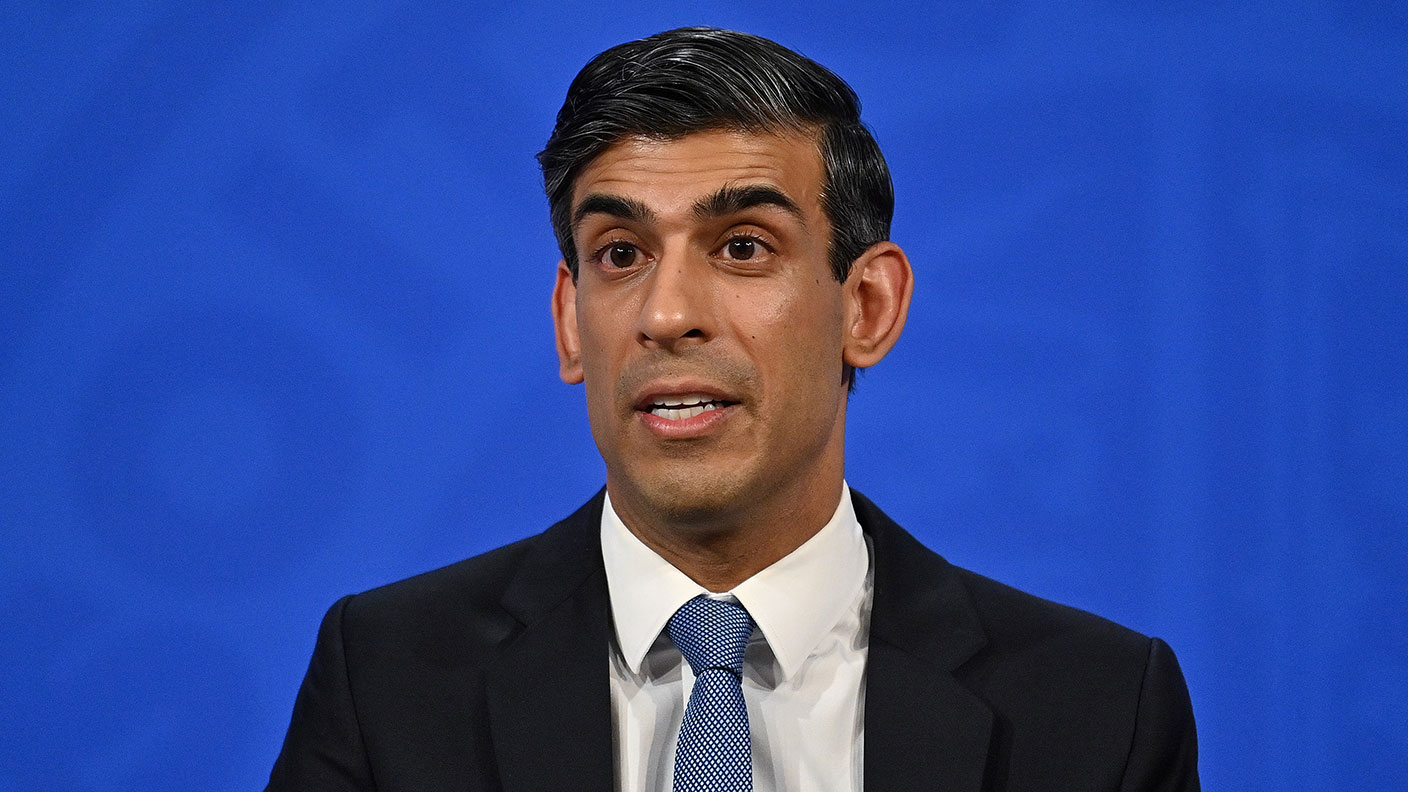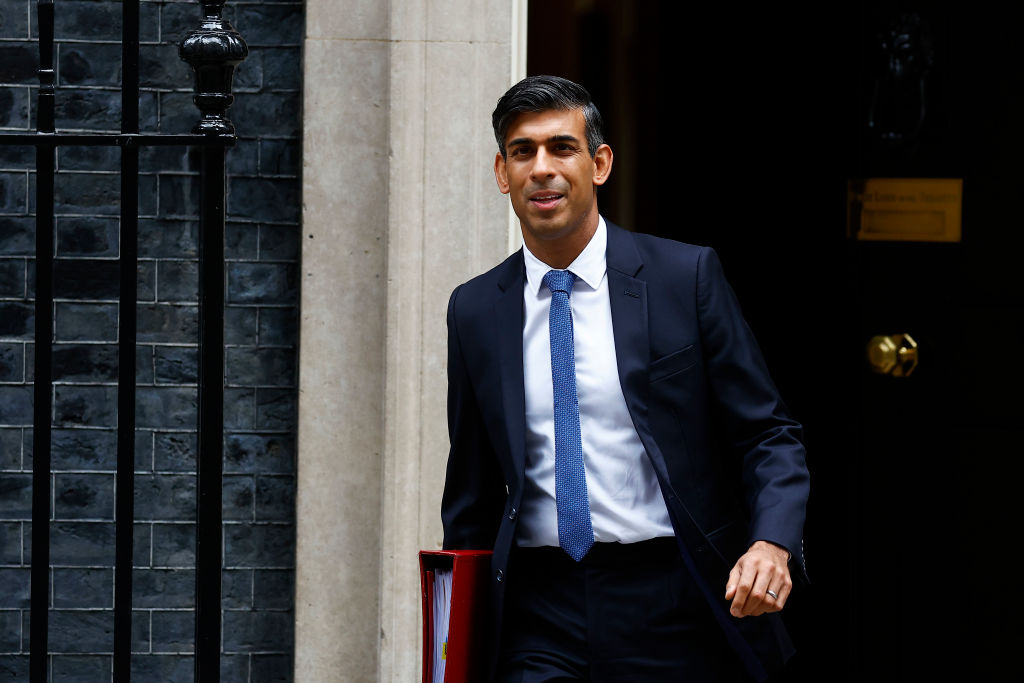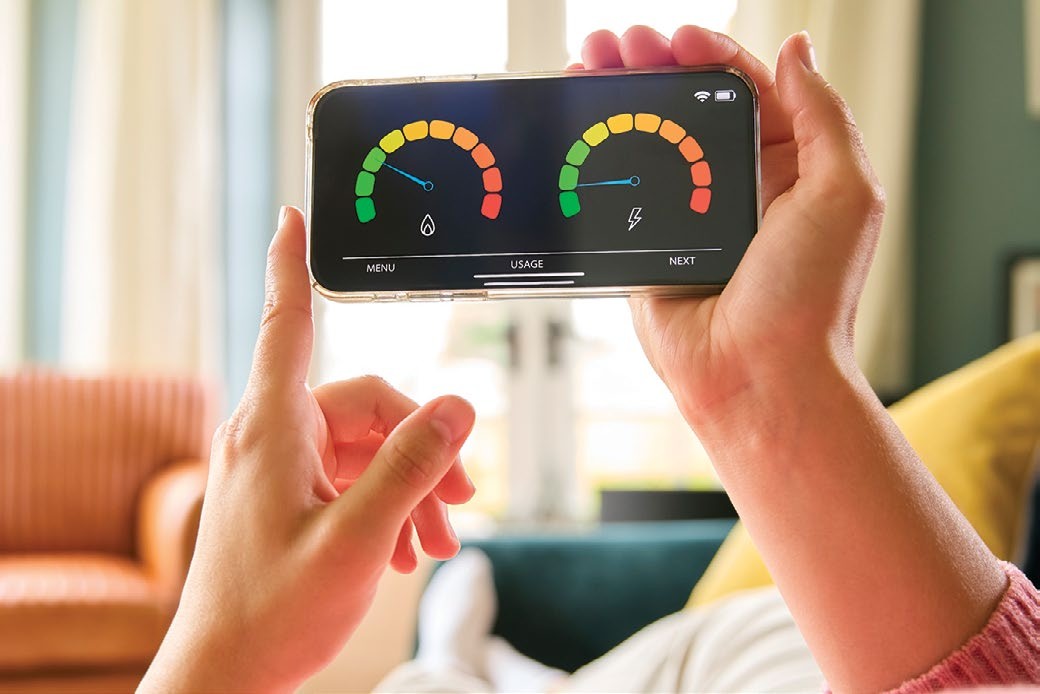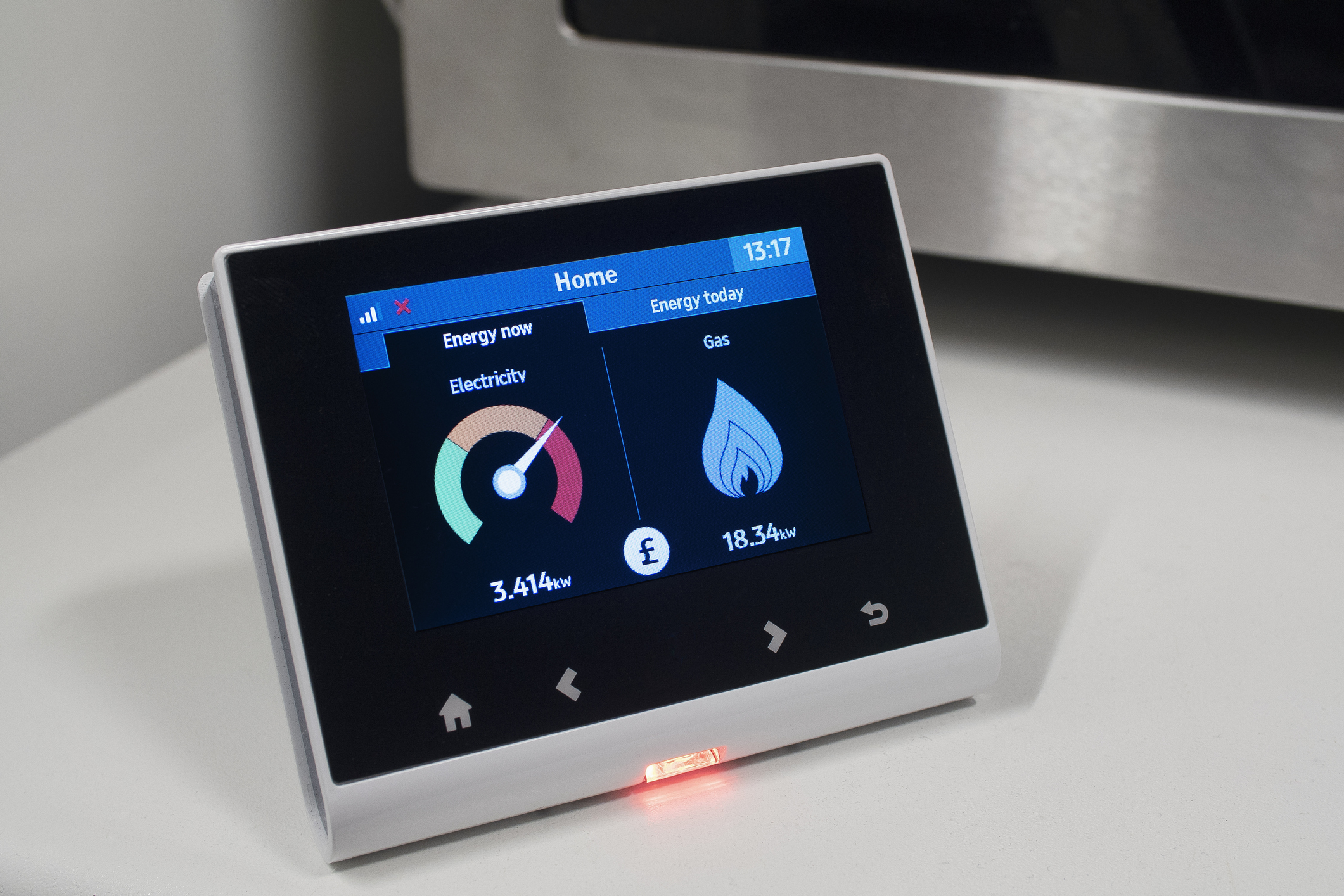Here’s how the government plans to cut consumers’ energy bills
Rishi Sunak has outlined a £15bn package to help consumers cut the cost of soaring energy bills. Saloni Sardana looks at what he’s proposing and what it means for you.


Get the latest financial news, insights and expert analysis from our award-winning MoneyWeek team, to help you understand what really matters when it comes to your finances.
You are now subscribed
Your newsletter sign-up was successful
Want to add more newsletters?

Twice daily
MoneyWeek
Get the latest financial news, insights and expert analysis from our award-winning MoneyWeek team, to help you understand what really matters when it comes to your finances.

Four times a week
Look After My Bills
Sign up to our free money-saving newsletter, filled with the latest news and expert advice to help you find the best tips and deals for managing your bills. Start saving today!
With consumers getting financially squeezed from every direction amid the cost of living crisis, it is becoming more and more unusual to hear any positive headlines about people’s personal finances.
But UK chancellor Rishi Sunak has delivered some relief – for now – on energy prices, with a £15bn package of measures aimed at giving money direct to the most-disadvantaged, with some of it paid for by a windfall tax on energy producers (though an investment subsidy may go some way to offsetting this).
So what has Sunak done and what do the measures mean for you?
MoneyWeek
Subscribe to MoneyWeek today and get your first six magazine issues absolutely FREE

Sign up to Money Morning
Don't miss the latest investment and personal finances news, market analysis, plus money-saving tips with our free twice-daily newsletter
Don't miss the latest investment and personal finances news, market analysis, plus money-saving tips with our free twice-daily newsletter
What Sunak plans to do
The chancellor announced a £650 one-off payment that will be made to eight million of the lowest-income households who receive benefits such as tax credits, Universal Credit, pension credit, and other types of mean-tested benefits.
The lowest-income households will automatically receive the amount in their bank accounts. The payment will be divided into two instalments: one in July, and the second in autumn. An extra £150 will be paid to those on disability benefits, while pensioner households who receive the winter fuel payment to help with heating costs, will receive a one-off £300 this winter.
Perhaps the most eye-catching part of this mini-Budget was a major change to the energy bill rebate scheme.
Originally, this was planned to be a £200 rebate this year, which would then be recovered from bills in £40-a-year instalments from 2023.
That has been scrapped. Instead, everyone will get a one-off £400 discount on their energy bill from October, which will not be clawed back in the future.
So, why has Sunak introduced these emergency measures?
The move comes just days after energy regulator Ofgem warned that the energy price cap will rise by an additional £830 in October, taking the total cap to £2,800. That’s more than doubled in a year.
Energy prices have been rising over the past year for a cocktail of reasons including lower wind output in the UK, higher global gas prices and a resurgence of demand as the economy returns to something approaching normal after covid-19. Russia’s war with Ukraine has only worsened the rise.
The relief measures are being introduced to help people cope at a time when inflation is running hot at 9%, a 40-year high and expected to go higher later this year. Even core inflation, which strips out the effect of rising food and energy prices, is sharply rising.
How will the chancellor pay for it?
The chancellor plans to partially fund the energy relief measures through a 25% windfall tax on the profits of oil and gas companies.
Even though the introduction of the windfall tax was largely anticipated today, it still made headlines because the Conservatives have long been resisting pressure to introduce such a tax. However, there has been little reaction from oil and gas majors’ share prices, at least partly because the government also introduced an 80% investment allowance to encourage further investment in the North Sea.
"We will introduce a temporary and targeted energy profits levy but we have built into the new levy a new investment allowance that means companies will have a new and significant incentive to reinvest their profits,” Sunak said.
How can consumers claim the discounts?
The rebate will be paid to accounts automatically in October.
The Department for Work and Pensions (DWP) will pay the £650 direct one-off cost in two lump sums directly into claimants’ accounts. The first payment will take place in July, and the second is due to take place in autumn. Payments from HMRC for those on tax credits will follow shortly, the government said.
The money will be sent to prepay users via cheque, voucher or smart meter.
Disability benefit recipients will receive the £150 in September, in addition to the £650 received.
The £300 payment for pensioners is expected to be paid in November or in December. Most pensioner households will receive this amount by direct debit.
SEE ALSO:
Should you be worried about energy windfall tax proposals?
Get the latest financial news, insights and expert analysis from our award-winning MoneyWeek team, to help you understand what really matters when it comes to your finances.
Saloni is a web writer for MoneyWeek focusing on personal finance and global financial markets. Her work has appeared in FTAdviser (part of the Financial Times), Business Insider and City A.M, among other publications. She holds a masters in international journalism from City, University of London.
Follow her on Twitter at @sardana_saloni
-
 Should you buy an active ETF?
Should you buy an active ETF?ETFs are often mischaracterised as passive products, but they can be a convenient way to add active management to your portfolio
-
 Power up your pension before 5 April – easy ways to save before the tax year end
Power up your pension before 5 April – easy ways to save before the tax year endWith the end of the tax year looming, pension savers currently have a window to review and maximise what’s going into their retirement funds – we look at how
-
 Rishi Sunak: MoneyWeek Talks
Rishi Sunak: MoneyWeek TalksPodcast On the MoneyWeek Talks podcast, Rishi Sunak tells Kalpana Fitzpatrick that we need better numeracy skills to improve financial literacy and boost the economy.
-
 Winter Fuel Payment cut to hit ‘1.5 million’ pensioners - what support does your energy supplier offer?
Winter Fuel Payment cut to hit ‘1.5 million’ pensioners - what support does your energy supplier offer?Advice The Winter Fuel Payment is being scrapped for most pensioners this year. But you may be able to access extra support from your energy supplier. Here’s what’s on offer.
-
 Is an inheritance tax (IHT) cut on the way?
Is an inheritance tax (IHT) cut on the way?Tax Talk that the government might cut or scrap inheritance tax in its Autumn Statement is rife. We look at how it could be reformed, and what difference it would make.
-
 Government considering cuts to inheritance tax, reports say
Government considering cuts to inheritance tax, reports sayThe Sunday Times reported government officials are considering cuts to inheritance tax ahead of the general election.
-
 State pension triple lock at risk as cost balloons
State pension triple lock at risk as cost balloonsThe cost of the state pension triple lock could be far higher than expected due to record wage growth. Will the government keep the policy in place in 2024?
-
 Watchdog summons banks to explain paltry savings rates
Watchdog summons banks to explain paltry savings ratesSavings rates trail mortgage rates - and the financial watchdog has summoned banks to a meeting amid concerns of profiteering.
-
 What is the Ofgem energy price cap and what does it mean for your bills?
What is the Ofgem energy price cap and what does it mean for your bills?The Ofgem energy price cap is reviewed every three months. What is its current level and how does it affect bills?
-
 Should you switch to a fixed energy tariff in 2026?
Should you switch to a fixed energy tariff in 2026?As energy prices remain volatile and far above pre-2022 levels, is now the time to look for a fixed energy tariff? We look at the latest gas and electricity deals
